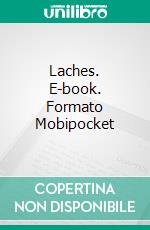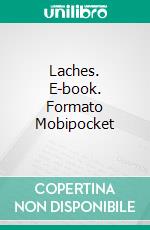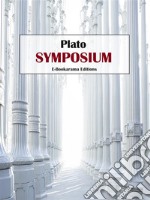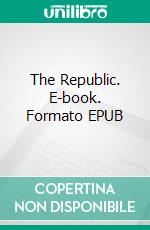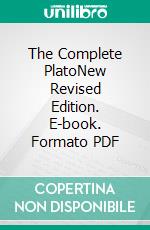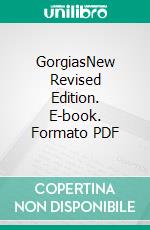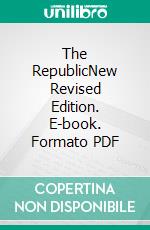The Laches, which is part of the fifth tetralogy with Carmide, Teage and Liside, is a dialogue of Plato centered on the theme of virtue. It is an areteical dialogue (that is, focusing on virtue), definitory (which seeks to define what it is, in its entirety or in part) and aporetic, that is, in which no definitive conclusion can be reached. It is also a typical apologetic dialogue, in which Plato tends to represent Socrates as full of virtue (here he is called brave, by the word of Lachete himself) to fight the pamphlets that turned after his death. From this a theory will emerge to justify its aporeticity: it would have been written (like the other aporetic dialogues) only to exalt the virtues of Socrates.
